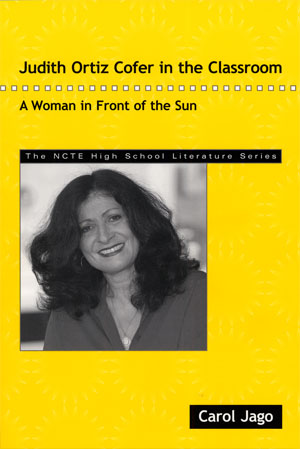Although Theodore Roosevelt’s philosophy and policies were developed in an earlier time, they can still apply today and serve as useful tools in the complex decision-making process in domestic and foreign affairs.
That’s what James R. Holmes, senior research associate at UGA’s Center for International Trade and Security, posits in Theodore Roosevelt and World Order: Police Power in International Relations. Particularly relevant to our own age is Roosevelt’s legal concept of “police power,” especially as American political leaders and scholars grapple with consolidating and defending world order.
The book examines, among other things, Roosevelt’s personal convictions and political philosophy; the police power concept in American domestic law; and an analysis of Rooseveltian foreign policy.
Holmes suggests that Roosevelt’s idea of an international police power is to be used as an analytical tool rather than a direct template for today’s times. Holmes provides a guidebook to do just that.


